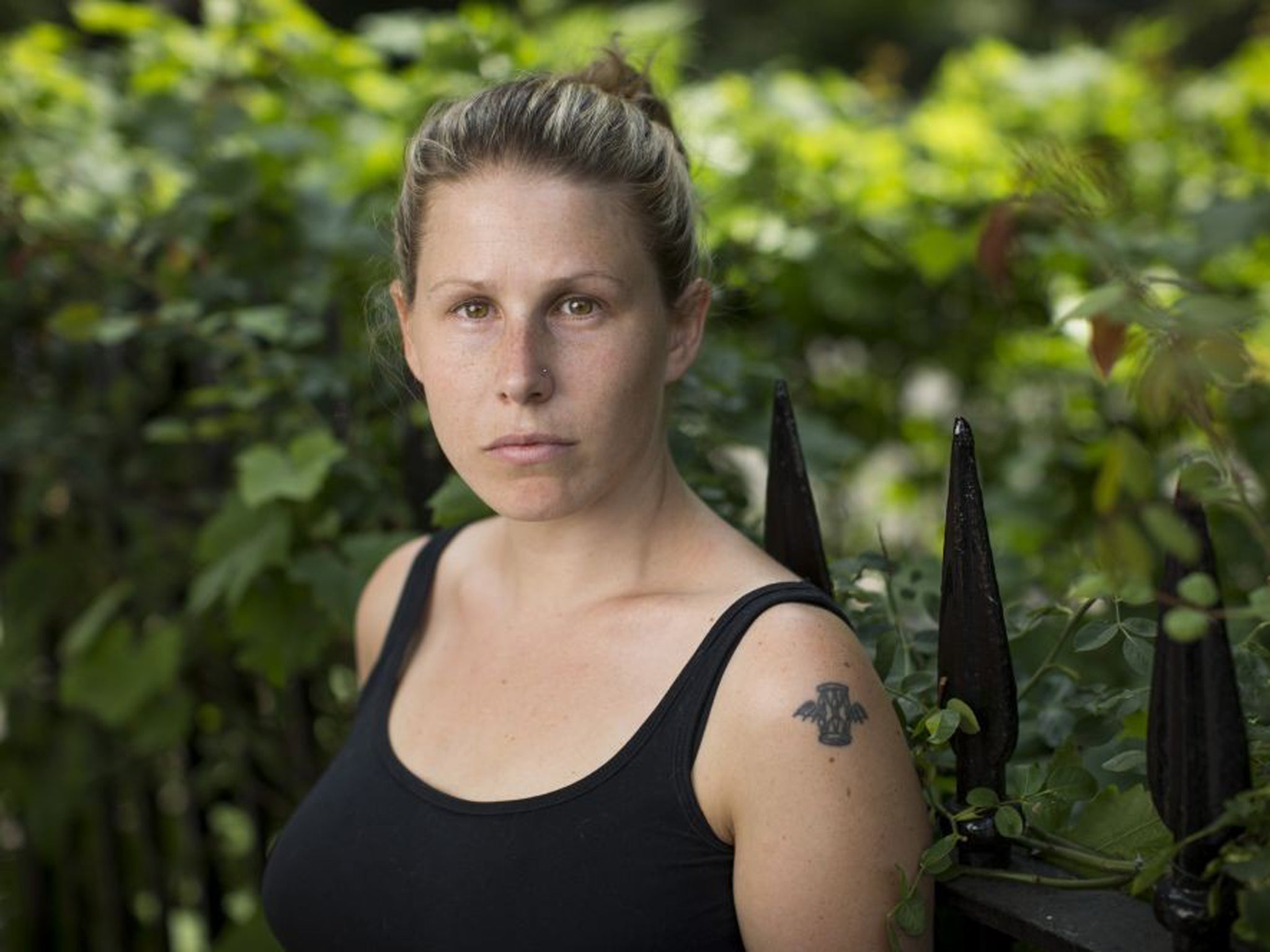From green ink to digital bile - how can we put a stop to online bullying?
Bullies hide beyond anonymity. We need to bring them out into the open

Your support helps us to tell the story
From reproductive rights to climate change to Big Tech, The Independent is on the ground when the story is developing. Whether it's investigating the financials of Elon Musk's pro-Trump PAC or producing our latest documentary, 'The A Word', which shines a light on the American women fighting for reproductive rights, we know how important it is to parse out the facts from the messaging.
At such a critical moment in US history, we need reporters on the ground. Your donation allows us to keep sending journalists to speak to both sides of the story.
The Independent is trusted by Americans across the entire political spectrum. And unlike many other quality news outlets, we choose not to lock Americans out of our reporting and analysis with paywalls. We believe quality journalism should be available to everyone, paid for by those who can afford it.
Your support makes all the difference.Once upon a time in newspaperland there was an expression, the “green-ink brigade”; a certain set of – let’s be charitable – quite angry readers who would write in wild, usually jagged, hand-writing with lots of exclamation marks (!!!), CAPITAL LETTERS, bold and underlining because they really, really felt the need to EMPHASISE their point!!! And, if that wasn’t enough, they would write their letters not in black or blue but green ink!!!
These letters wouldn’t make it to print. They went on and on and, well, on, often with intemperate language. They were often more about the writers than the subject. Nevertheless, we knew who was writing in, because the custom of letter writing was and is to include your name and address.
These days instead of green ink, there are emails to newspapers where people go to extraordinary lengths to vary font sizes and use the full Microsoft Word toolbox. Red appears to be the new green. They still rarely make it into print – look at the length of letters that do. Still, it’s cheaper than therapy. In 2013 green-ink letters have become online reader comments beneath articles which are usually post- rather than pre-moderated (it’s about the publisher's resources). On some notable places (Mail Online, Gawker) these become part of the site’s attraction. Sometimes you know who they are, sometimes not. At other times you simply think you do. Bullies hide behind anonymity, because bullies are cowards. And then there is the relative Wild West of Twitter and Facebook. The stories about young people being bullied on Facebook are legion, and both individually and collectively heartbreaking. The faster that Facebook cracks down – and it has been nowhere near fast enough – new places where teenagers are foul to each other spring up: ask.fm is horrible.
Twitter was rightly the focus for this modern-world dilemma over the weekend because of the cyberspace bullying of Caroline Criado-Perez. In return for having the temerity to campaign for women to be featured on banknotes Criado-Perez suffered multiple rape threats and other horrendous abuse. She received 50 abusive tweets an hour for 12 hours and turned to the police for help when Twitter would not engage. Now there is a thousands-strong petition at Change.org, calling on Twitter to add a ‘report abuse’ button. I urge you to sign it. And I also urge you not to dismiss all this as ‘sticks and stones…’ Because when words become the public publishing of home addresses and threats of rape and violence, words can clearly hurt you. And let’s all begin to change this disturbing culture of anonymous 'trolling' by calling it what it is: bullying.
Join our commenting forum
Join thought-provoking conversations, follow other Independent readers and see their replies
Comments